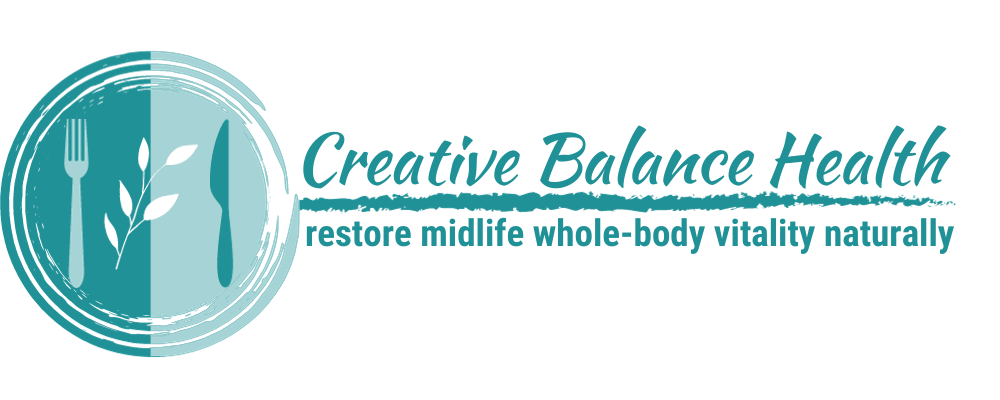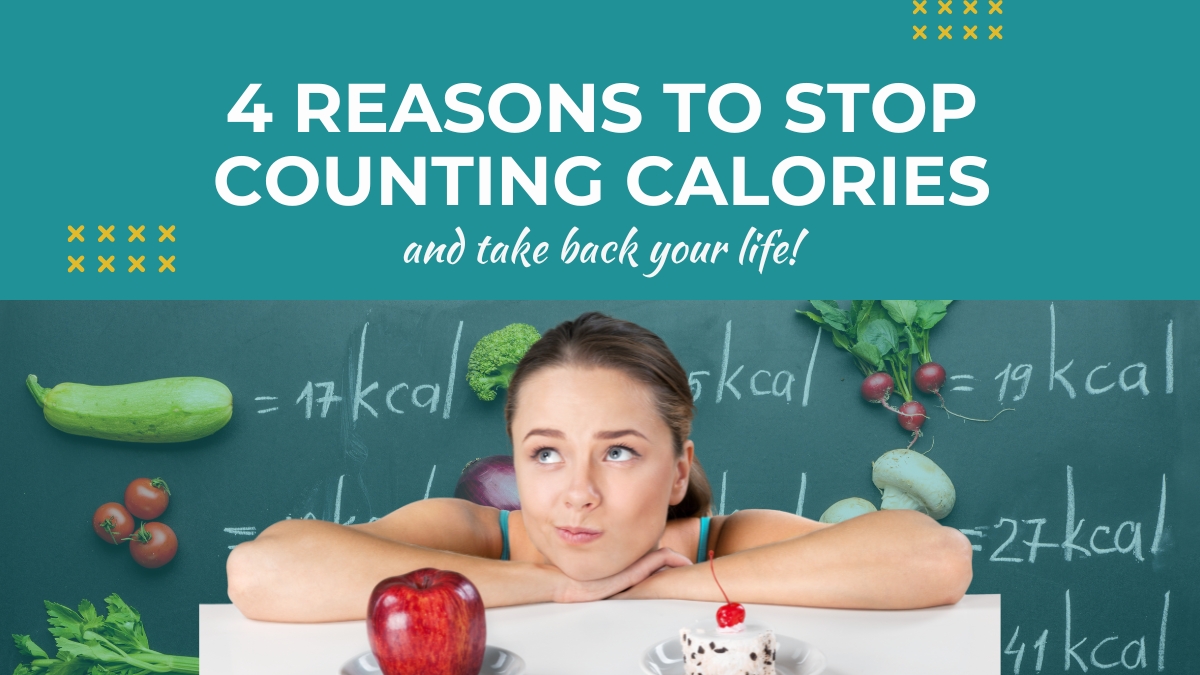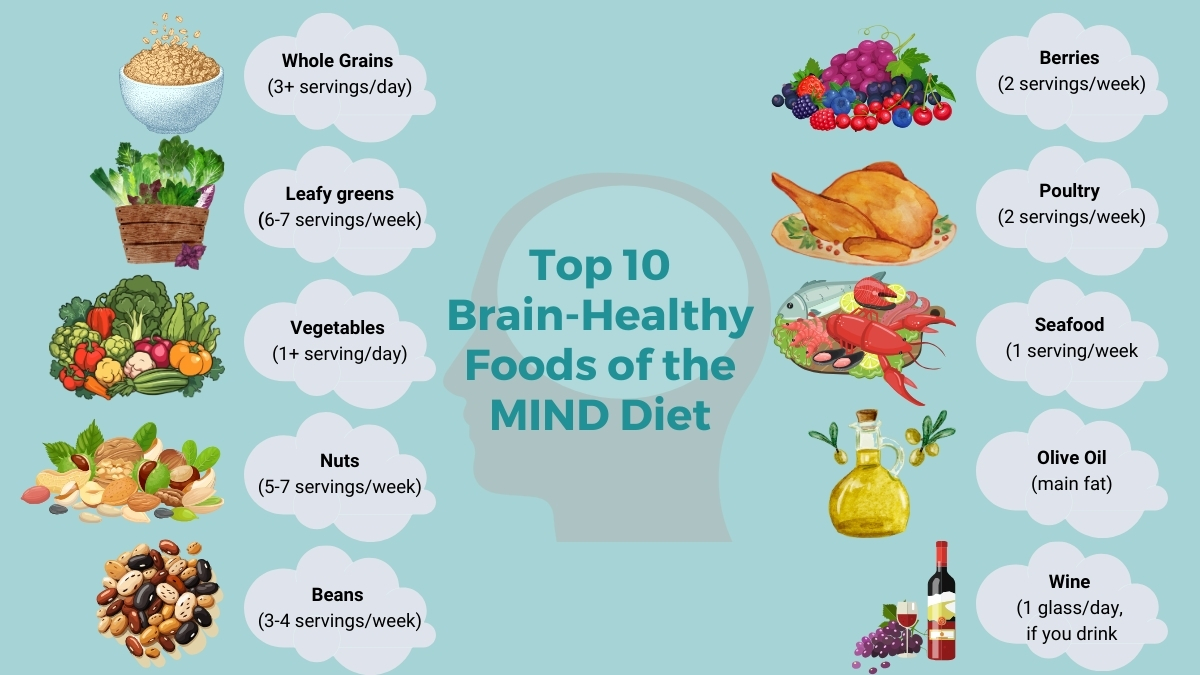If you’re counting calories to lose weight, please stop, and here’s why…
For the longest time, we’ve been told that calorie counting is the way to achieve weight loss – it’s all about eating less and moving more right?
Not so much.
I was an obsessive calorie counter for the longest time. I used to weigh and log every meal I made and even tracked every calorie I was burning with various smart wearables. All the time I spent with charts and swapping out foods to add up to a precise calorie count felt like a second full-time job.
One doctor even suggested I go on an extremely restrictive diet of only 500 calories a day and do green tea & lemon juice fasts for up to a week at a time. I ended up fainting while on one of the fasts and took out an entire bookshelf as I collapsed to the floor! No more juice fasts for me!
But I still struggled to lose and maintain weight and was frustrated with all of the time and effort tracking was wasting. All of the pre-packaged diets contained highly processed low-calorie foods full of dairy, soy, and gluten plus a lot of preservatives and chemicals – the very foods my doctors were telling me to avoid given my autoimmune conditions. None of this seemed healthy and the contradictions were crazy-making!
 I’ve seen this calories-in-versus-calories-out equation fall short for many others as well.
I’ve seen this calories-in-versus-calories-out equation fall short for many others as well.
This broken approach is a big reason why I got into functional medicine. I knew there had to be a better way. One that recognizes an individual’s unique metabolism, health conditions, and food intolerances. This is how I now help my clients achieve their weight loss goals today.
And sure enough, as I dug into how the body works, it became clear that calorie counting doesn’t support long-term weight loss for several reasons.
If you’re counting calories, please stop! Here are 4 of the biggest reasons why…
Reason #1- Your calorie calculations are all off
Beltsville Human Nutrition Research Center found that “our bodies sometimes extract fewer calories than the number listed on the label. Participants in their studies absorbed around a third fewer calories from almonds than the modified Atwater values suggest. For walnuts, the difference was 21 percent.”
Aside from the body extracting fewer calories than what one thinks they are consuming, food manufacturers are also allowed to underreport calorie values by as much as 20% to pass inspection by the FDA.
So, there’s no way to measure the calories one consumes accurately.
Reason #2- One pound of fat is not 3,500 calories
Forever you’ve been told that to lose a pound per week you need to be in a deficit of 500 calories a day, which equals 3,500 calories in a week, and supposedly 3,500 calories equals one pound of fat.
Researcher Zoe Harcombe eloquently debunks this myth in her research where she shows that one pound of fat does not equal 3,500 calories, but in fact, it can range from 2,843 to 3,752 calories.
This paired with reason #1 makes this calorie equation even messier and less accurate.
Reason #3- We are not a closed system

The weight loss formula of calories-in versus calories-out is said to be based on the first law of thermodynamics – “energy is neither destroyed nor created, it’s simply transformed”. The energy of a calorie is transformed as you move and is burned off in the form of heat.
Here’s the flaw, this law only applies to closed systems with no outlets. And as Sean Croxton says in his book, The Dark Side of Fat Loss, “The human body seems pretty damn open to me. It pees, poops, and sweats into the environment.”
Our body does not abide by the first law of thermodynamics.
Reason #4- All calories are not created equal
When counting calories, you naturally try to conserve what you’ll spend your calories on. This often results in a scarcity mindset; triggering you to choose foods less nutrient-dense and less satiating, such as 100-calorie pack snacks, to feel like you get to eat more frequently.
Fats contain 9 calories per gram, while protein and carbs contain 4 calories per gram. At first glance, it appears as though carbs and proteins would be the ideal choice when counting calories. However, a higher-carb diet spikes blood sugar levels repeatedly throughout the day resulting in more cravings and leading to insulin resistance which causes weight gain.
Eating more fat balances blood sugar, cuts cravings, and is a better fuel source for the brain and body.
Once I stopped counting and calculating, I finally started getting real results. Losing and maintaining my weight was no longer a struggle, it came naturally.
Instead of counting calories, I started eating foods that were right for my body to function at its potential and be the natural fat-burning machine it was meant to be. This is exactly what I teach my clients to do too.
When you’re eating the foods that are right for your body so it can function at its potential, you will:
- Have an abundance of energy that lasts all day
- Sleep more soundly and wake up feeling rested
- Feel satisfied between meals and no longer need to snack
- Support hormone balance, detoxification, and other bodily functions
This supports the body’s ability to lose and maintain weight more easily.
So, you might wonder, how do I know what foods are right for my body?

The first step to finding what foods are right for your body is paying attention to how food makes you feel – and knowing there is a difference between eating healthy and eating right for your body. Eating right for your body will incorporate healthy foods, but not every “healthy” food is right for your body.
Next, aim to eat foods that make you feel all-around good. The foods that keep you feeling full for extended periods, give you energy and DON’T leave you feeling bloated, anxious, or tired. These foods tend to be whole, organic vegetables, proteins, and fats that don’t come in a bag, box, can, or 100-calorie pack.
And always eat with intention.
Before you take a bite, grab something on the go, or sit down to prepare a meal consider how you want to feel and if the food you’re about to eat is in alignment with that feeling.
You’ll probably find that most of your calorie-counting type foods don’t meet these requirements because they result in energy crashes, the need to snack, bloating, anxiety, or a variety of other ailments.
These simple steps will help you find foods that balance your blood sugar and boost your metabolism to support weight loss or maintenance.
As a recovered calorie counter for over 10 years, I can tell you this more mindful approach to eating is much more sustainable and produces long-lasting results so you’ll never have to get back on that calorie-counting rollercoaster ride ever again!
If you want more guidance on finding what foods are right for your body so it can function at its potential and you can stop calorie counting for good schedule a free Health Discovery Info Session with me today.
References
Cynthia Graber. The Calorie is Broken. Jan 25, 2016, Updated: Jun 28, 2019. https://digg.com/2016/calorie-unit-broken
2 Dr. Zoe Harcomb. 1 Pound Does Not Equal 3500 Calories. 2017. https://www.zoeharcombe.com/standalone/1lb-does-not-equal-3500-calories/
3 Sean Croxton. The Dark Side of Fat Loss. October 17, 2011. http://darksideoffatloss.com/
https://www.healthline.com/nutrition/6-reasons-why-a-calorie-is-not–a-calorie#section5
https://www.accessdata.fda.gov/scripts/cdrh/cfdocs/cfcfr/cfrsearch.cfm?fr=101.9
https://www.marksdailyapple.com/7-common-calorie-myths-we-should-all-stop-believing/






